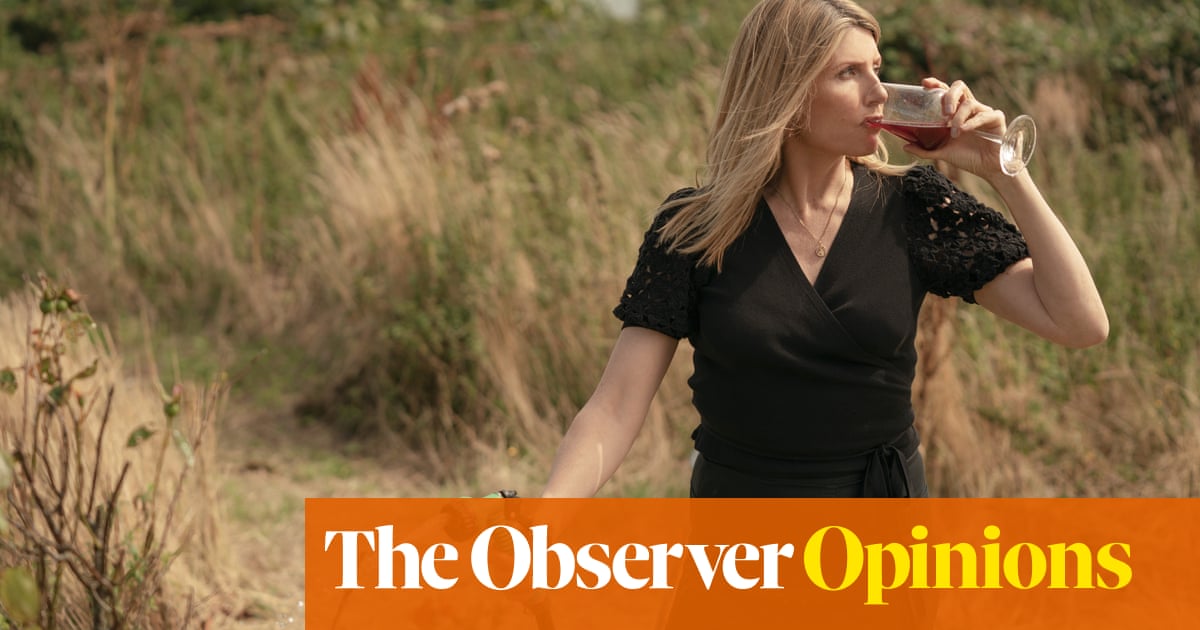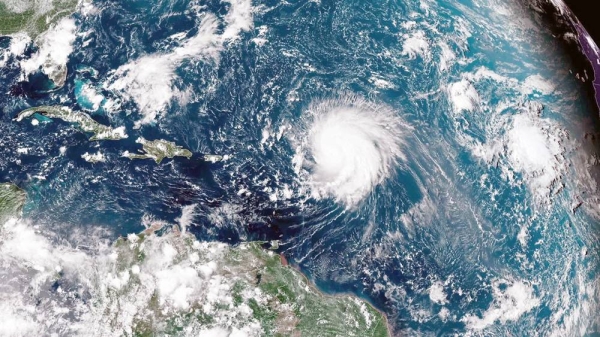
Some claim that the first day in the third week of January is the most depressing one in the calendar. This year, Blue Monday arrived with added cruelty – for those of us who happen to be single, at least. A financial services firm chose just that miserable moment to reveal how much more expensive it is to live on your own than in a couple.
If you’re currently alone, and the post-holiday slump already has you feeling down about it, you may want to look away now. According to the brokers Hargreaves Lansdown, the cost of living premium for being single comes in at an average £860 a month, factoring in typical expenses from rent and energy bills to groceries, wifi and TV subscriptions.
That’s a whopping figure in isolation – an additional £10,000 a year in outgoings – and it wounds even deeper when you compare it with what your partnered friends are paying. The average couple spend £991 per person, so if you’re living alone you’re spending nearly twice the amount they are on the exact same goods and services. For those who didn’t choose their solo state, it’s adding impecuniousness to injury.
As a long-term single, I’ve become inured to the injustice of the single supplement – the one that demands I pay extra for eating less breakfast and soiling fewer towels. I scoff at the misleadingly titled “discount” I receive from the council, which taxes me 75% of the married rate for using only 50% of the services (and arguably less, because I’m childless).
Still, I’ve rarely wasted much time wondering how life without a partner affects my finances. That’s not because I’m comfortably cushioned by personal wealth (which would be nice) but because I have always assumed these things even out overall. Since I don’t share my worldly goods with another person, I have never watched my bank account being depleted by someone making purchases I neither want nor need. Nor have I copped the eye-watering expense of raising children or had to stump up the galling legal fees and potentially lifelong financial commitments of a divorce.
There is another reason I’ve resisted contemplating the economic disadvantages of living alone. Women are already conditioned to perceive the unpartnered life as one of lack or absence, if not downright misery. Challenging that Bridget Jones default can be hard work and a poor-me mindset doesn’t help. As someone who always pictured herself married, I have learned the hard way not to fixate on the negatives of singlehood.
Today’s climate of uncertainty, inequality and inflation is making the issue impossible to ignore. Much as I’ve loved Apple TV+’s Bad Sisters, I can’t watch Sharon Horgan’s Eva living alone in an enormous family home without wondering how she affords to heat it. Seeing last week’s figures in stone cold print has finally shaken me out of my state of denial. An extra 10 grand a year? The comparative financial benefits of singledom and coupledom aren’t swings and roundabouts at all, they’re snakes and ladders.
More noteworthy than the vast disparity itself, one that the majority of single people have long intuited, is how we respond to it. Whatever sympathy the news may elicit for ourselves or our single friends is soon followed by a sense of impotence or even outright ambivalence. This isn’t the kind of inequality we feel compelled to challenge or change. Maybe it’s because we see singleness as a temporary status. Or maybe because we can’t shift the suspicion that a solo life is a self-indulgent one.
In the 18th century, social commentators in Britain argued for a tax on bachelors and spinsters, who were considered to contribute nothing concrete to the productivity of the nation. Frances Brooke, writing a series of articles as “Mary Singleton”, proposed that unmarried men over the age of 30 pay a shilling in the pound and unmarried women sixpence. “The very circumstance of having no burden upon their fortunes, but what merely concerns themselves, makes them of all others, the fittest to be assessed extraordinarily,” she wrote, adding that she would herself pay such a due “with the greatest pleasure”.
Living alone is a privilege, but it can also be a burden. In her brilliant book about spinsterhood, She I Dare Not Name, Donna Ward argues that “the crucial conversation to have is about the reality of this life – the social, psychological and financial implications of it and the way legislators, friends, family and neighbours can support those living it”. Most single people are living on one income in a dual-income economy – and one whose lawmakers make the fallacious assumption that they have more disposable income than their coupled counterparts.
The American social psychologist Bella DePaulo has long campaigned for more awareness of the way that society invisibly discriminates against those without partners – expecting more of them in the workplace, for instance, then robbing them through a tax system that prioritises married and family units. Maybe it is time to make a fuss about that single supplement.
Emma John is a freelance author and writer. Her book Self Contained: Scenes from a Single Life is published by Octopus












